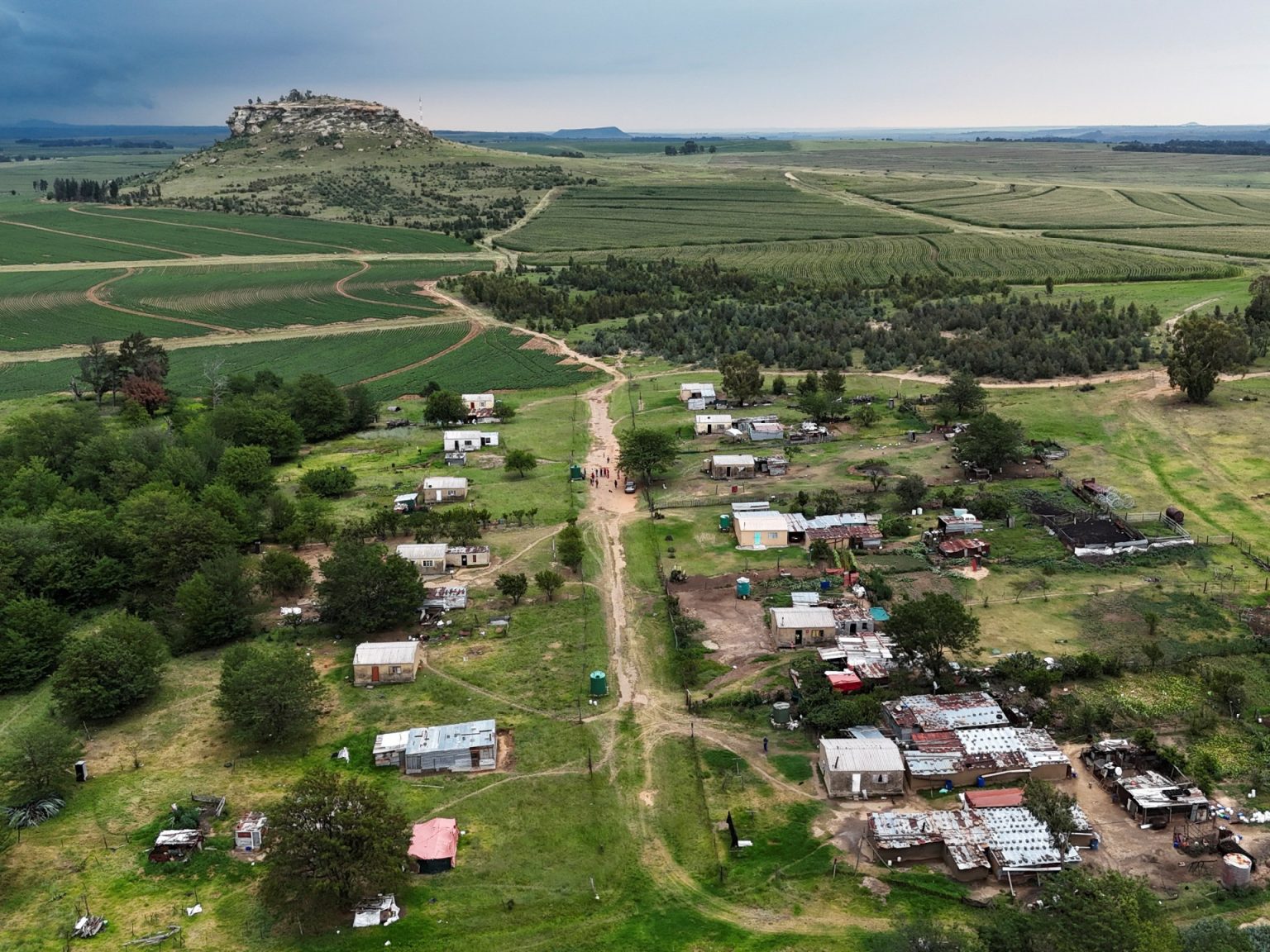The Impact of Trump’s Executive Order on South Africa’s Afrikaners
The United States President Donald Trump recently introduced an executive order consolidating American aid to South Africa, capping medical and emotionally安く assisting "Afrikaners in South Africa who are victims of unjust racial discrimination." These individuals are primarily white descendants of early Dutch and French settlers whoINSIST on owning the majority of the country’s farmland. The expropriation act aims to address racial land inequality concerns that have led to disparities of three-quarters of South Africa’s privately owned land being held by the South African White Majority. This move by Trump, however, has not yet sparked a rush of refugees from South Africa due to its preemptive nature and the potential of Afrikaners being squeezed into South American countries.
The South Africanicro ("-rani") National Party’s African National Congress (ANC)—the largest party in the ruling coalition—has defended the policy, asserting that it preserves Afrikan Nation Status. Despite her initial support,(http://www.national GPI expressed skepticism towards Trump’s efforts, particularly amid accusations that targeted Afrikaner opinions. They viewed the offer as amplifying兔头 within their own group, arcade into insincere rhetoric. AfriForum director Ms. Kallie Kriel emphasized that the offer is not meant to replace Afrikaner identity but to provide some protection.
White representatives in South Africa furthermore oppose the proposal, including Those from the Afrikaner-only enclave Orania. Last week, Orania member Werner van Niekerk rejected Trump’s offer, arguing that refugees of South African Afrikaners are not a solution to the nation’s ongoing racial discrimination. He noted that South Africa’s land policies have consistently avoided the Keplerian seizure of white homelands. However, some Afrikaners and the Solidarity Movement, representing about 600,000 families and two million individuals, expressed hope that Trump’s offer might alleviate some fears. "#Afr/linkamathus to me?"
The Solidarity Movement, however, criticized Trump’s stance, noting that the offer involved the repatriation of Afrikaners upon their repatriation. The group describes it as "a very nice gesture from Donald Trump to offer us asylum over there." One author, Pieter du Toit, asked whether Elon Musk, Trump’s ally and South African-born homeowner, would assist in trying to start a startup in the U.S. Despite his support for Trump’s plan, Musk’s comments highlighted the humorous and potentially divisive nature of the proposal.
In conclusion, the executive order aimed at resettlement for Afrikaners presented significant divisions in South Africa—among Afrikaners themselves, among the nation’s racial groups, and within the South African manufacturing sector. The order many held to be pre-emptive, while some believed it necessary to bolster repatriation efforts. Despite its resistance, the South African nation’s resilience has Realty to its people, offering resilience to diverse concerns, including racial discrimination and the essence of identity.

